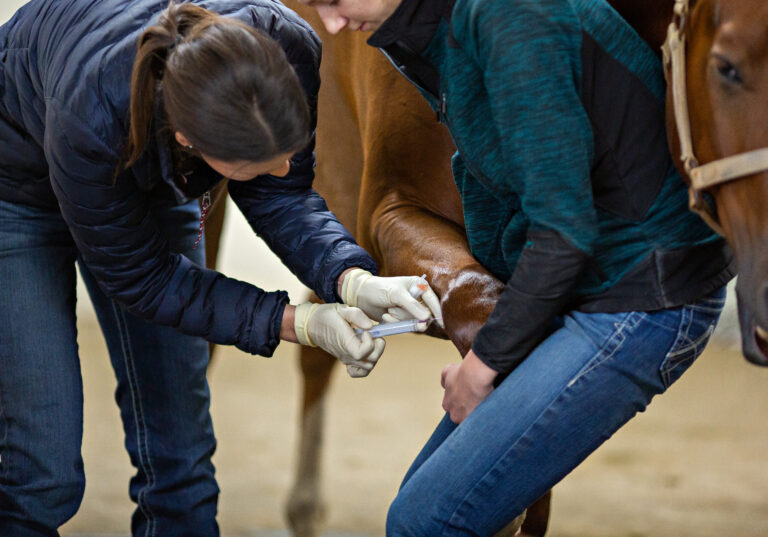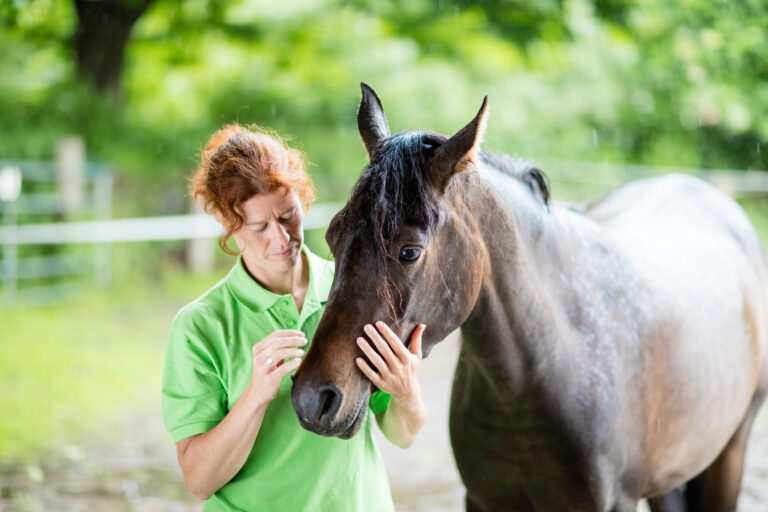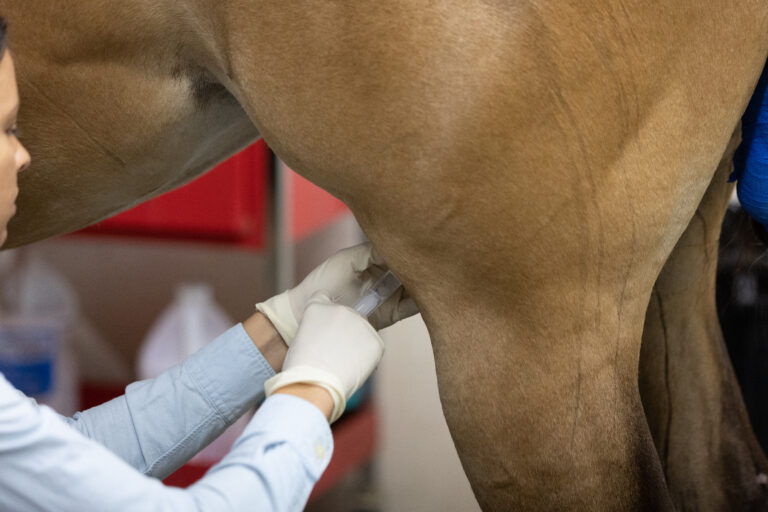
As part of the U.S. Food and Drug Administration’s ongoing commitment to combatting the coronavirus (COVID-19) pandemic and providing flexibility across FDA-regulated industries, the agency announced today that it intends to temporarily not enforce certain requirements in order to allow veterinarians to better utilize telemedicine to address animal health needs during the pandemic.
“The FDA recognizes the vital role veterinarians play in protecting public health. This pandemic has had impacts on many of our everyday lives and professions, and during this time, we need to provide veterinarians with the latitude to expand the use of telemedicine in the care of animals, not only pets but also the animals that produce our food,” said FDA Commissioner Stephen M. Hahn, MD. “The FDA is providing flexibility that will help veterinarians maintain the health of animals during the pandemic, while allowing for the social distancing that is so important in limiting the further spread of coronavirus disease across the country and the world.”
The agency intends to temporarily suspend enforcement of portions of the federal veterinarian-client-patient relationship (VCPR) requirements relevant to certain FDA regulations. The VCPR is the professional relationship between the veterinarian, client (e.g., animal owner or caretaker), and the animal patient(s). The federal VCPR definition requires that veterinarians physically examine animal patients and/or make medically appropriate and timely visits to the location where the animal(s) are kept. Therefore, the federal VCPR definition cannot be met solely through telemedicine.
In order to help veterinarians utilize telemedicine to address animal health needs during the COVID-19 pandemic, the FDA generally does not intend to enforce the animal examination and premises visit portion of the VCPR requirements relevant to the FDA regulations governing Extralabel Drug Use in Animals and Veterinary Feed Directive (VFD) drugs. This will allow veterinarians to prescribe drugs in an extralabel manner or authorize the use of VFD drugs without direct examination of or making visits to their patients, which will limit human-to-human interaction and potential spread of COVID-19 in the community.
For example, the owner of a sick dog could share a video with a veterinarian. If necessary, the veterinarian could then prescribe a drug not approved for use in dogs or for that illness (extralabel use).
As another example, a veterinarian could remotely examine and diagnose a group of food-producing animals with a skin disease, then authorize the use of certain drugs in the animals’ feed.
Although the FDA intends to temporarily suspend certain federal VCPR requirements, veterinarians still need to consider state VCPR requirements that may exist in their practice area.
The FDA, an agency within the U.S. Department of Health and Human Services, protects the public health by assuring the safety, effectiveness, and security of human and veterinary drugs, vaccines and other biological products for human use, and medical devices. The agency also is responsible for the safety and security of our nation’s food supply, cosmetics, dietary supplements, products that give off electronic radiation, and for regulating tobacco products.




